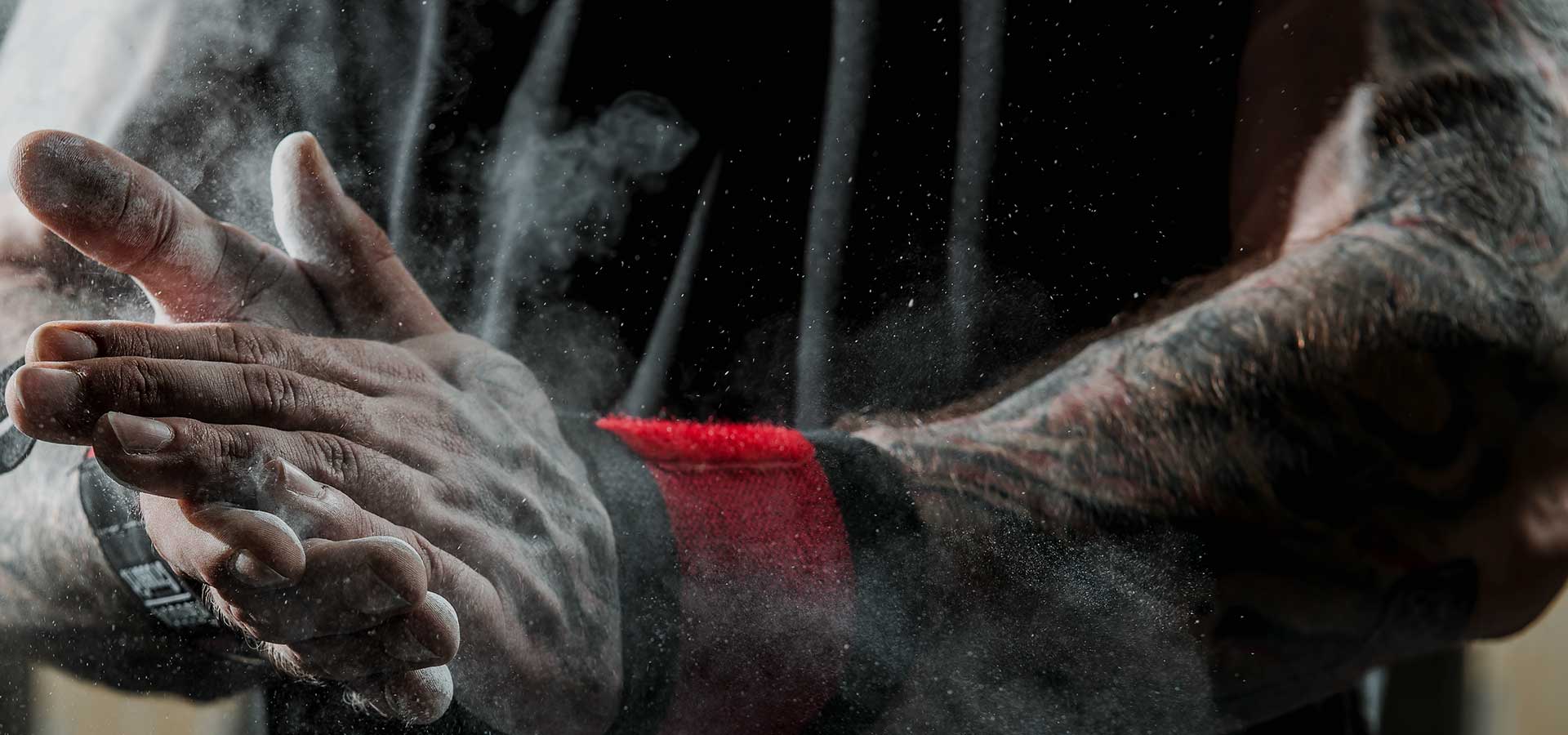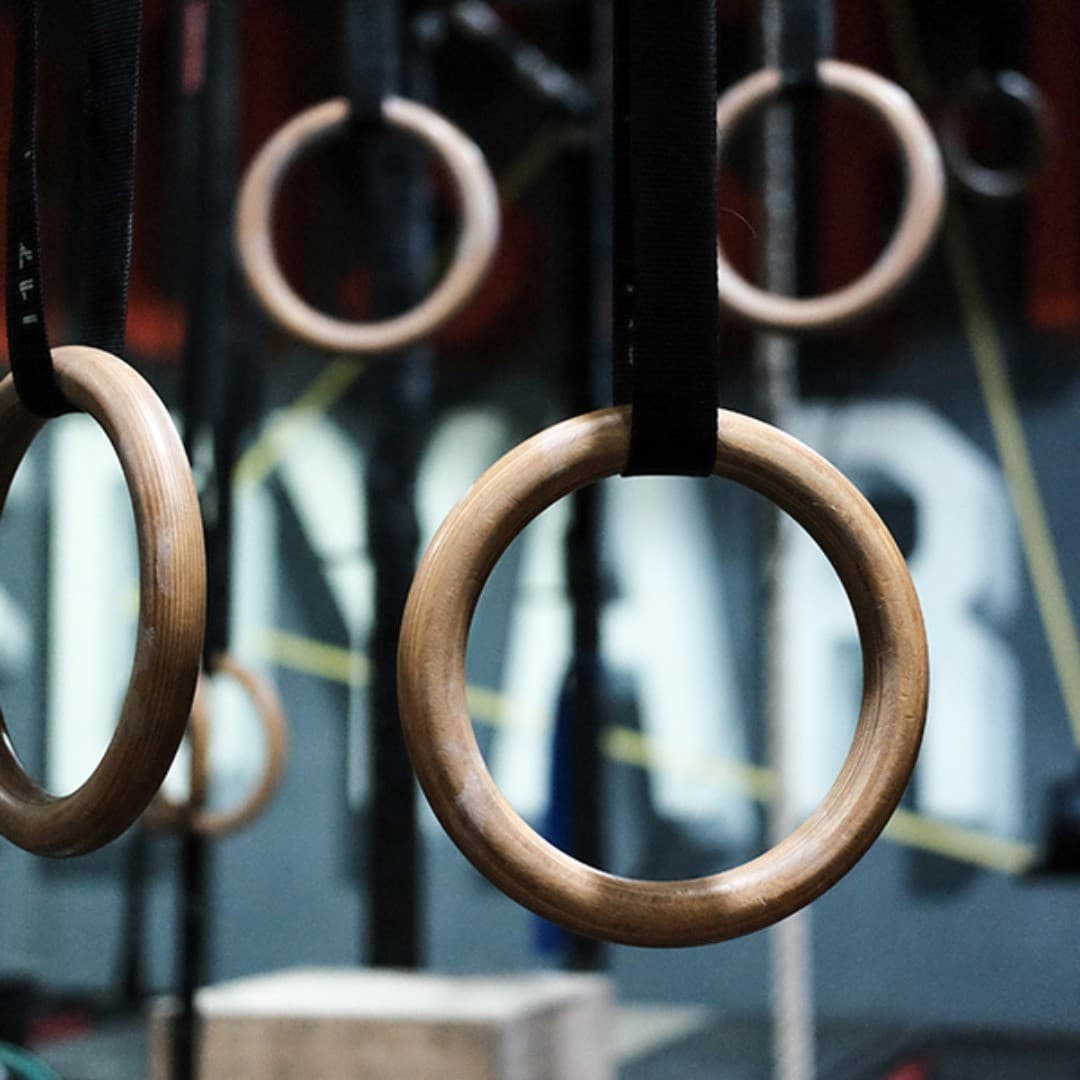Fitness is an essential aspect of a healthy lifestyle, but it can be a challenge to establish a consistent routine. Making fitness a habit can be the key to long-term success, but it takes effort and dedication to stick to a routine. In this article, we'll explore some tips for making fitness a habit and sticking to it.
Understanding Habits
Before we dive into tips for making fitness a habit, it's essential to understand what a habit is and how it forms. A habit is a behavior that has become automatic, typically because of repeated actions. Habits are formed through a process called habituation, where the brain learns to associate a particular behavior with a specific context or cue.
There are three main components of a habit: the cue, the routine, and the reward. The cue is the trigger that signals the brain to start the habit. The routine is the behavior itself, and the reward is the positive outcome that reinforces the behavior. For example, the cue could be waking up in the morning, the routine could be going for a run, and the reward could be the feeling of accomplishment or endorphins after the workout.
The Benefits of Making Fitness a Habit
Establishing a fitness routine and making it a habit can have numerous benefits. Firstly, exercising regularly can help improve physical health and fitness, increase energy levels, and reduce the risk of chronic diseases such as obesity, diabetes, and heart disease. Secondly, regular exercise can have a positive impact on mental health, reducing stress and anxiety, and improving mood and self-esteem. Finally, establishing a fitness routine can provide a sense of accomplishment and motivation, leading to a more positive outlook on life.
Tips for Making Fitness a Habit
- Establish a Routine
The first step in making fitness a habit is to establish a routine. Choose a regular time each day to exercise, and stick to it. This could be in the morning before work, during your lunch break, or in the evening after dinner. By making exercise a regular part of your daily routine, it becomes easier to stick to.
One way to establish a routine is to create a schedule. Write down your workout times in your calendar or planner and treat them as important appointments. You can also set reminders on your phone or computer to help you stay on track.
- Set Achievable Goals
Setting achievable goals is crucial to establishing a fitness routine. Start small and gradually increase the intensity and duration of your workouts. Setting unrealistic goals can lead to disappointment and frustration, which can make it harder to stick to your routine.
When setting goals, it's important to be specific and measurable. For example, instead of setting a goal to "get in shape," set a goal to run a 5K in three months. This gives you a clear target to work towards and a way to measure your progress.
- Find an Accountability Partner
Having an accountability partner can help you stay motivated and committed to your fitness routine. This could be a friend or family member who is also trying to establish a fitness routine, or a personal trainer who can provide guidance and support.
When choosing an accountability partner, it's important to find someone who is supportive and reliable. You can check in with your partner regularly, share your progress and setbacks, and encourage each other to stay on track.
- Track Progress
Tracking your progress can help you see the positive effects of your fitness routine and provide motivation to keep going. This could be as simple as recording your workout times or distances, or more detailed measurements such as body weight or body fat percentage.
One way to track your progress is to use a fitness app or device such as a fitness tracker or smartwatch. These tools can track your workouts, monitor your heart rate and calorie burn, and provide valuable data to help you improve your fitness routine.
Another way to track progress is to take before-and-after photos or measurements. Seeing visible changes in your body can be a powerful motivator to keep going.
- Make Exercise Enjoyable
Exercise doesn't have to be a chore. Finding ways to make exercise enjoyable can help you stick to your routine and even look forward to your workouts. This could be as simple as listening to your favorite music or podcast during your workout or finding a workout buddy to make the experience more social.
Trying new types of exercise can also help keep things interesting. Mix up your routine with activities like hiking, yoga, or dance classes. You might discover a new activity you love and look forward to incorporating it into your routine.
- Be Consistent
Consistency is key to making fitness a habit. It's important to stick to your routine, even on days when you don't feel like working out. Skipping a workout here and there can lead to a slippery slope of missed workouts and eventually giving up on your routine altogether.
However, it's also important to listen to your body and take rest days when needed. Rest and recovery are crucial to prevent injury and allow your body to rebuild and repair after workouts.
- Celebrate Your Successes
Finally, it's important to celebrate your successes along the way. Each workout and milestone achieved is a step towards your overall fitness goals. Take time to acknowledge your progress and reward yourself for your hard work.
Celebrating successes is an important part of making fitness a habit. Whether it's a new PR, reaching a weight loss goal, or simply completing a difficult workout, celebrating your successes will help you to stay motivated and keep on track. Celebrating successes can also help to build momentum and create a positive feedback loop. Taking time to reflect on your successes and reward yourself for a job well done will give you the motivation you need to stay consistent with your fitness goals and form a habit.
Conclusion
In conclusion, making fitness a habit is essential for maintaining a healthy lifestyle. It requires effort, dedication, and consistency, but the benefits are well worth it. By setting achievable goals, scheduling workout times, making fitness enjoyable, finding an accountability partner, and tracking progress, anyone can make fitness a lifelong habit. The key is to find what works best for you and stick with it. Remember, fitness is not a one-time event; it is a lifestyle. Once you make it a habit, you will experience better physical and mental health, increased energy, and a more positive outlook on life. So, start today and make fitness a habit for life!











